“Let the child be the scriptwriter, director and the actor in their own play” - Magda Gerber
Nursery Space: 6 weeks – 2 years
Learning starts from before birth, and our Educators have created a welcoming and nurturing nursery environment where each baby feels safe to explore and discover new things - through their senses, their communication and cues (body language, facial expression and sounds) and through experimentation. On any given day you can see the nursery children engaging in all types of play including sensory play, music time, story time and more. Every day provides a brand new, exciting adventure for our babies to support their development, learning and wellbeing.
Toddler Space: 2 - 3 years
Our teachers and educators encourage the children to learn through play to help enhance their sensory-motor development. This happens through carefully planned music, dance, games, role playing and reading experiences.
On any given day the Toddlers can be seen developing their numeracy by building a tower, sorting objects, pointing and identifying shapes and patterns and participating in counting songs and games.
Children in our toddler space are encouraged to participate in group play. Group play is important as it helps our toddlers develop important social skills such as, turn-taking, developing self-confidence and emotional self-regulation. Our skilled team helps children through talking, planning and role modelling.
Kindergarten Space: 3 – 6 years
Kindergarten is a unique time for learning with peers and developing skills for later learning including confidence and curiosity, important skills for starting school. Our play-based program has school readiness at its core, encouraging active engagement in learning and supporting a range of positive developmental outcomes including resilience, independence, critical thinking and creativity.
The oral language supports literacy learning and a child’s oral language ability is the best predictor for later success in learning to read and write. Hearing the sounds within a language is the first critical step for all literacy learning. Our team supports our Kindergarten children's literacy development by engaging in rich discussions, reading, storytelling, dramatic play and experimentation all of which introduce new vocabulary as part of everyday conversations.
Throughout the Kindergarten year, children use their language to share ideas, ask questions, express themselves, and connect with peers and adults in social settings.
Social-emotional skills, including the ability to self-regulate emotions, are supported through group learning experiences. Our team supports each child’s social and emotional development by labelling and talking about emotions and supporting appropriate responses as together, they engage in new and challenging situations. Our goal in the Kindergarten year is to prepare children and families for a smooth transition to primary school.
Morning
Ellie is 11 months old and enjoys sensory play outside in the sandpit with her friends. She sits near her educator who helps teach her how to scoop the sand into the bucket. Ellie is learning how to dig, carry, and move the sand. She is also exploring texture and learning what happens to the sand when she adds water!
Lunch
Ellie has finished her lunch and is preparing to take a nap. Her educator changes her nappy, prepares a bottle and reads Ellie a story before her afternoon sleep.
Afternoon
Ellie and some of her nursery friends enjoy some story time and songs outside in the shaded garden. They read ‘Peepo’ which is Ellie’s favourite book.
Morning
Josh is two and a half years old and loves to start his day at the centre outside on the climbing equipment. His friends join him, and together they pretend to be pirates on a ship looking for treasure. Through this exciting dramatic play, Josh is learning about himself and the world around him. Dramatic play is helping Josh identify his interests, abilities, likes and dislikes.
Lunch
Josh is watering the vegetables in the garden. By doing this, Josh is learning the importance of growing and caring for the veggies in the garden. Josh picks a tomato from the garden, which the Chef will use to help make Josh and his friend’s lunch - Spaghetti Bolognese!
Afternoon
Josh enjoys art, and today he is painting a beach scene from a recent family holiday. He adds the finishing touches and sets the painting aside to dry; so that he can take it home to share with his family.
While painting, Josh is learning how to express himself creatively and how to convey his ideas and emotions. Painting is also helping develop Josh’s hand eye coordination, finger, wrist and hand strength. Making marks on paper is important for self expression as well as later learning.
Morning
Charlotte is almost five years old and can’t wait for today’s carpentry experience - she loves building things! Carpentry experiences allow Charlotte and her friends to extend their learning through real-life experiences. While participating in carpentry, Charlotte is learning to problem solve, experiment and predict. She is also improving her hand eye coordination, manipulative skills and muscular strength.
Lunch
Before Charlotte sits down for lunch with her friends and educators, Charlotte takes part in the centre’s sports program. Charlotte loves sports. Sports helps Charlotte improve her flexibility and strength (perfect for growing bodies!). Sports also allows her to practice different skills in a fun and engaging way.
Afternoon
Charlotte is off to ‘big school’ next year and she can't wait to start! Charlotte and her friends will be visiting the local primary school next week. In preparation for the visit, the class is creating a list of questions to ask the Principal and school children.



































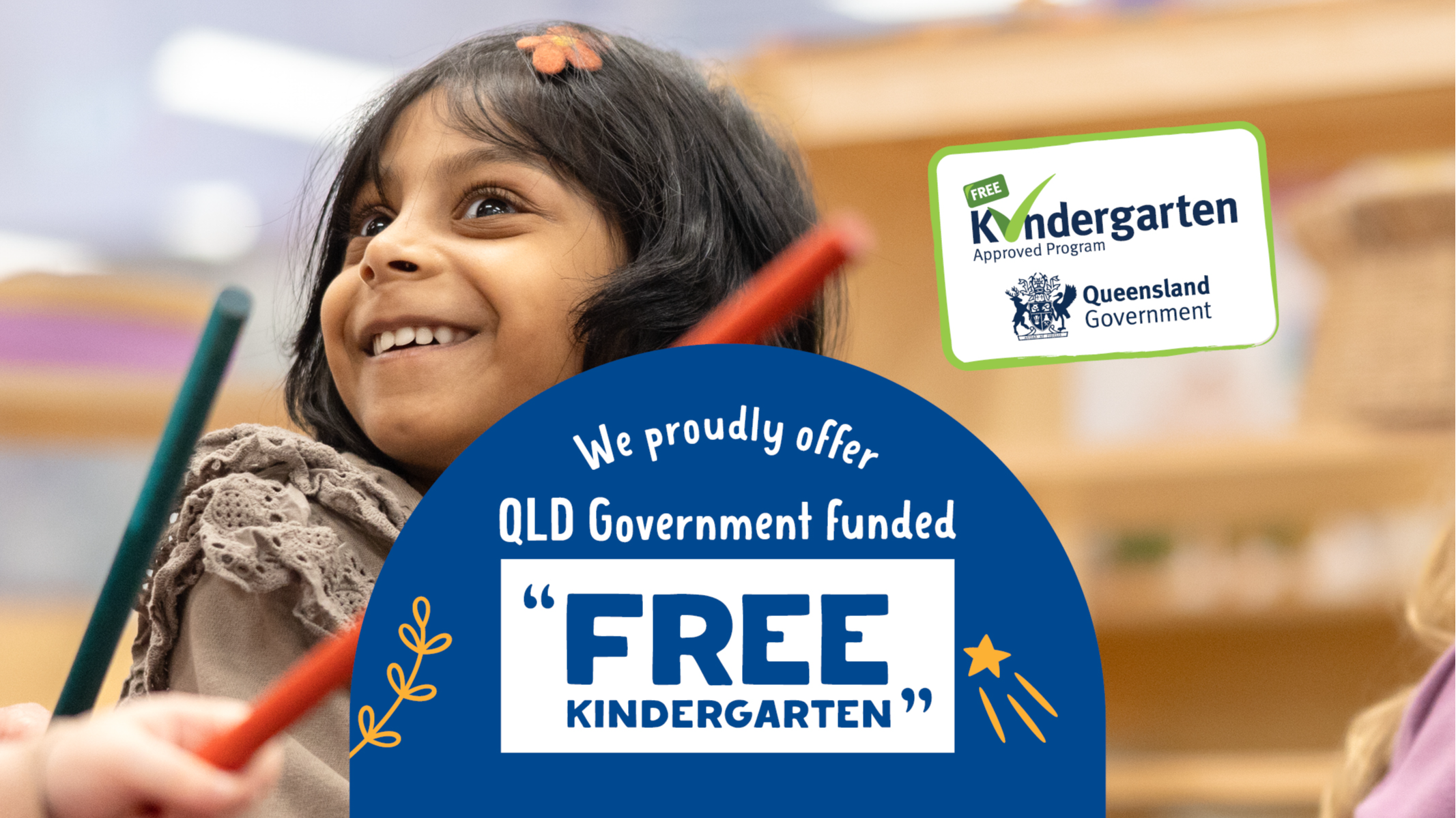
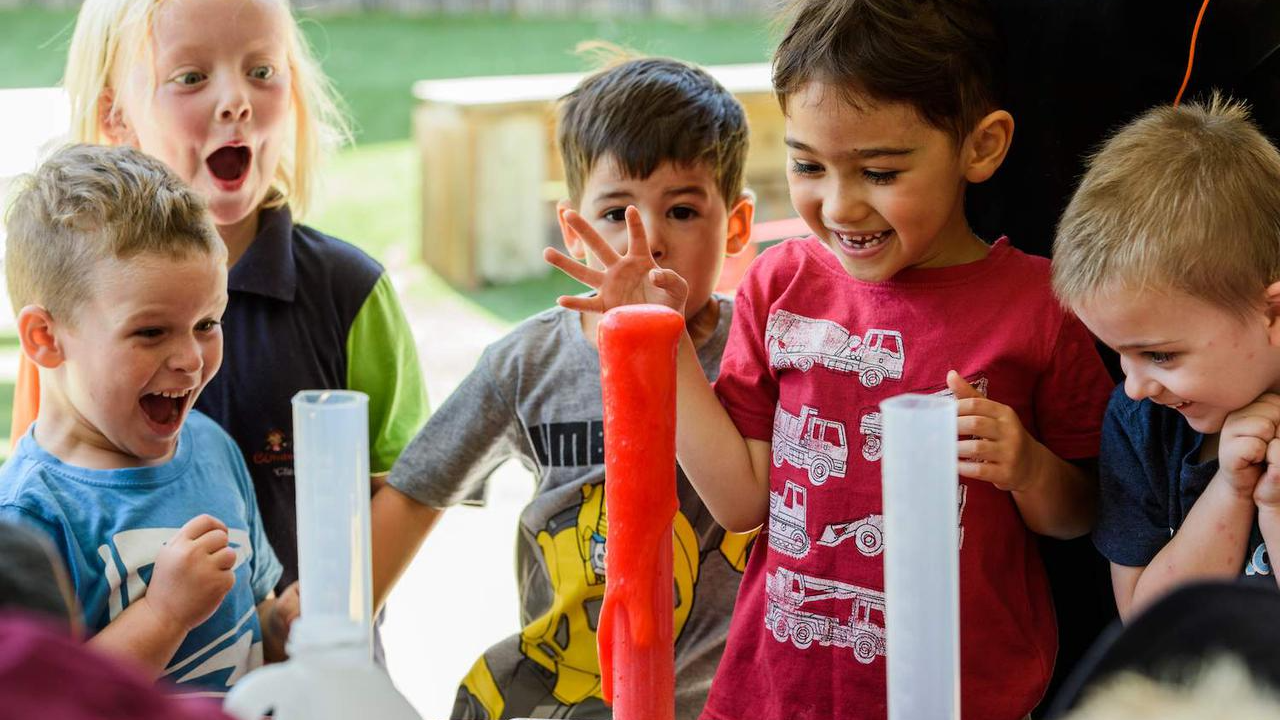
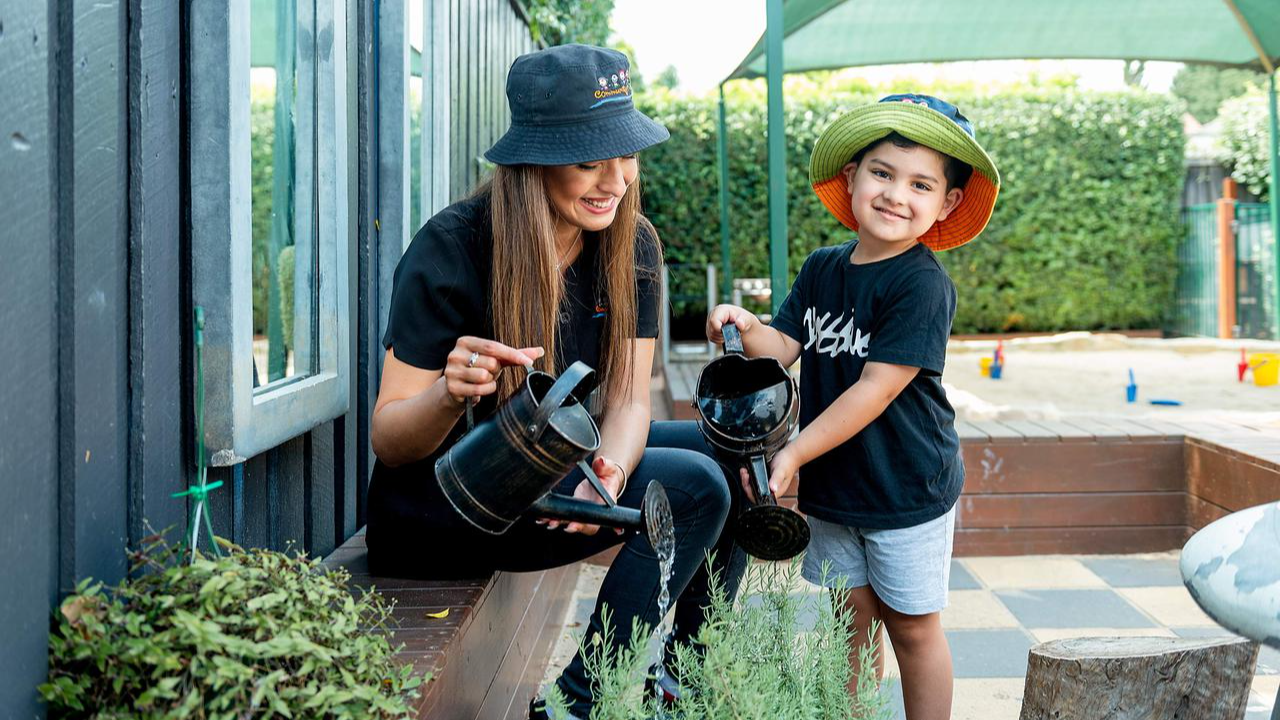




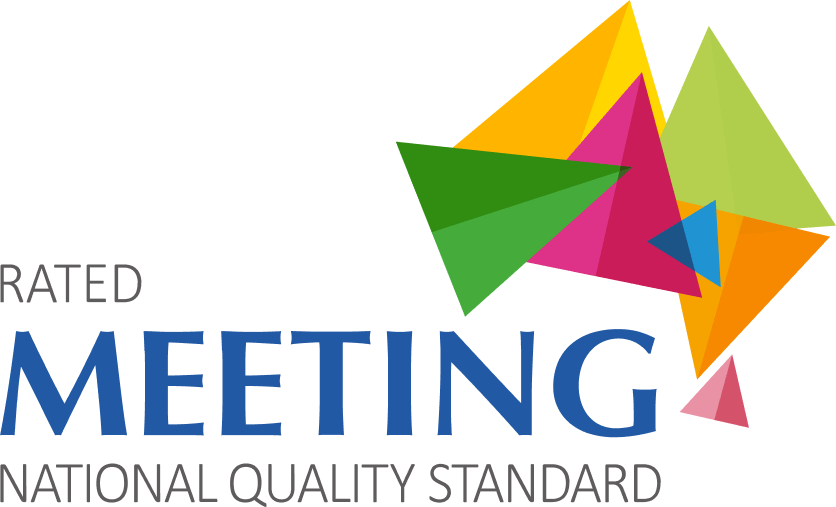
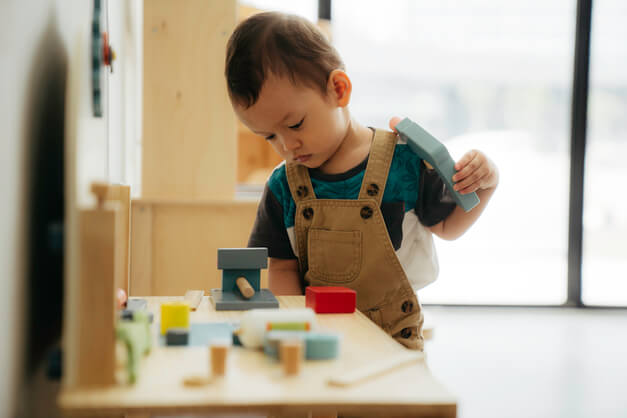

























































































































Social News Feed
Social posts for this centre will appear here once they're available.
Can not get post detail